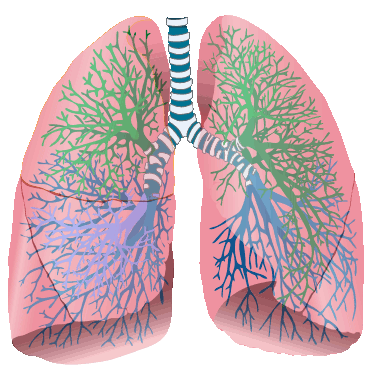Besides the renal system, many other organs and body systems are directly involved in the excretion of waste products. These other systems are responsible for the elimination of the waste products of the metabolism, as well as other liquid and gaseous wastes, but also provide other critical functions.
Similar to renal clearance, these other organs have a clearance rate of their own, and also forms a part of total body clearance. The skin, lungs, and liver are the main waste removal organs outside of the non-renal system; however, their ability to remove wastes is generally less than that of the renal system.
Liver Waste Removal
The liver has many vital functions, including a role in digestion, protein synthesis, and nutrient and vitamin storage. The liver also plays an important function in the management of body waste. It acts as a detoxification system for the body, processing and neutralizing drugs and toxins.
The liver is involved in the breakdown and recycling of red blood cells, including the removal of bilirubin from the body by secreting it into the bile, which then functions as a fat emulsifier in the digestive system.
Additionally, the liver is involved in the removal of toxic ammonia from the body by converting it to non-toxic urea, which is then excreted by the kidneys and put into urine during tubular secretion. While the liver may breakdown or neutralize waste in a different and safer form for the body, it doesn't directly remove the waste from the body.
Skin Waste Removal
Skin has sweat glands that secrete a fluid waste called perspiration. Perspiration, or sweat, is a fluid consisting primarily of water, as well as various dissolved solid wastes, that is excreted by the sweat glands. The sweat glands remove a bit of excess water and salts, and also serve the function of cooling the body during thermoregulation.
Respiratory Waste Removal
The lungs are responsible for the removal of gaseous waste from the body. Carbon dioxide is a toxic byproduct of cellular respiration. The lungs remove carbon dioxide from the bloodstream during ventilation, exchanging it for oxygen. This function is essentially important for regulating blood pH, since blood acidity is directly related to the concentration of carbon dioxide dissolved in carbonic acid in the blood stream. Excreting more carbon dioxide waste will reduce the acidity of blood.

The lungs
The lungs are responsible for the removal of gaseous waste from the body.